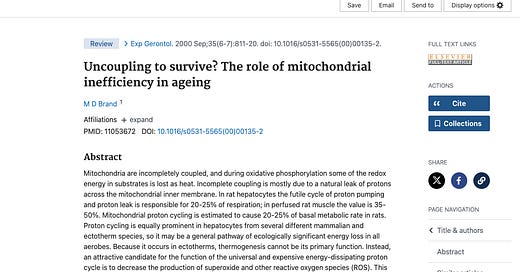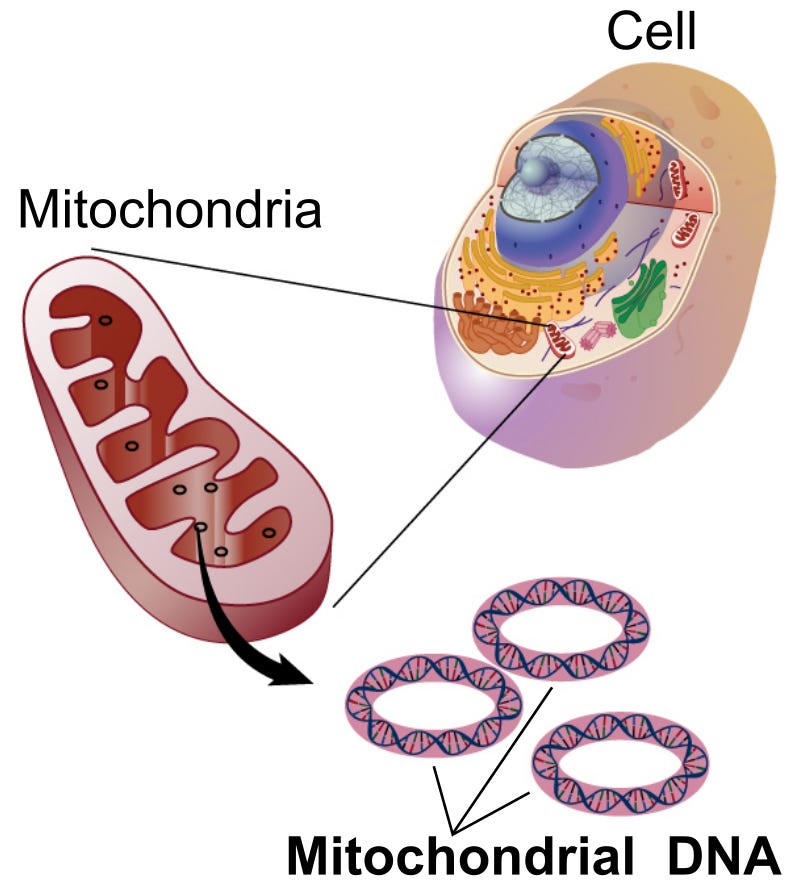There is a process called ketosis where the body uses fats instead of glucose to “burn” for energy. When the body has high levels of ketones it’ll begin to burn fat for fuel instead of carbs. The ketones are thus produced when there is not enough carbohydrates in the body to use for energy. The process of getting into ketosis is simple in that it is done by reducing the carbohydrate intake. Your diet would be roughly 70% of fats, 20% protein, and 10% carbs.
Example:
2,000 kcal diet
70% = 1,400 calories / 9 = 155 grams fats/day
20% = 400 calories / 4 = 100 grams protein/day
10% = 200 calories / 4 = 50 grams carbs/day
Signs You Are Entering Ketosis:
1. Check your ketone levels through a blood, urine or breath test. Breath test measures acetone levels. Levels for ketone presence in breath is 2-40 mg/L.
2. Mental clarity: not everyone gets cloudy thinking from a abundance of carbohydrates, but there are certainly some people who tolerate a keto based style diet better for reasons that are unknown. Carbohydrates, depending on the source you get, typically have added sugar. High carb intake/sugar intake may result in inflammation.
3. Drastic of effective weight loss: there is no guarantee that a keto diet will magically make you lose weight; however, the keto diet may lead to a satiety faster than one would with too many carbs.
Summary
One of the benefits of the keto diet is its effect in mitochondrial uncoupling. Having efficient mitochondria is the secret weapon to a efficient and healthy body. To learn more about uncoupling mitochondria check out this article, Uncoupling to Survive by Martin Graham: https://pubmed.ncbi.nlm.nih.gov/11053672/.

Don’t get me wrong, ketones are not a “better” fuel source than glucose. Ketones, however, is the only fuel that can get past the blood brain barrier due to the fact that ketone bodies is created by free fatty acids entering into the liver from circulation. The liver converts free fatty acids into ketone bodies, which are short chain fats that are water soluble. Water soluble molecules have the benefit of getting into the brain, which free fatty acids can’t because they are too big to get through. The process of ketosis takes time, and typically happens after 8 hrs of not eating – typically at night. However producing ketones is a normal process that should happen every 24 hours.
Now where is the catch? You try to get into ketosis, but for some reason can’t. It seems to be that the body needs to be metabolically flexible enough to get into ketosis.
Another thing to note is because we know uncoupling mitochondria is a good thing, carbohydrates do not uncouple mitochondria, but ketones do. So should you adopt a keto diet? It’s worth giving it a go and compare it to how you feel when off it.
For those interested in the science of things, mitochondria is a engulfed bacteria and they still carry a bacterial identity. They can divide anytime they want without the cell division, and have their own DNA. When a mitochondria is damaged and destroyed, it creates apoptosis, which is a explosion of the cell rather than autophagy, which is cell eating the cell (more on autophagy in a later post).
Nutrition

You can look into getting some MCT oil to induce ketosis without getting into a keto based diet. MCT oil is wonderful and tasteless. I typically would put It on rice, over eggs, or in water. If you notice that the Mediterranean diet is rich in oily fish, avocados, olives, flaxseeds, goat cheese – all of these foods are to support you mitochondria. The healthier your mitochondria, the better for you. Another benefit of the meditteranean diet is it has multiple sources of melatonin, which is a powerful antioxidant (this is why you need to sleep for adequate levels of melatonin). Goat cheese is rich in calcium, and contains melatonin (super power cheese!).
BONUS: Goat cheese can be expensive. I’ve gotten goat cheese powder from amazon and it works just as great. The best of all is you can put it in smoothies, or mix it with warm water and give it to you pup and it has so many benefits. There was one guy I found online whose dog had stage 4 cancer and had difficulty urinating. He gave his dog 48 mg of melatonin/day, and they think It cured or treated the cancer because it went away…. (true story).
Conclusion
There are many benefits to the ketone based diet, but the circadian rhythym benefits from ketones and no ketones. So what does that leave us with?
It leaves us with incorporating both of these tools: adopting a “ketone based” diet, and getting in quality carbohydrates in – i.e. fruits, oats, rye, fibrous carbs.
Be sure to subscribe to the newsletter to support the page so I can keep producing quality content that is useful and applicable!
Be well,
Yelena





Just like the mitochondria is the powerhouse of the cell, Yelena (aka Big Y) is the powerhouse of Substack! 💪💪💪